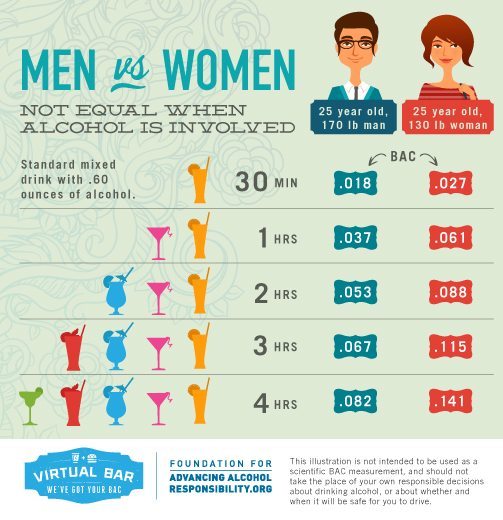Uncover the secrets behind how much beer you can handle before getting drunk, from metabolism to body weight and more.
Table of Contents
Have you ever wondered how many beers it actually takes to get drunk? The answer might surprise you. Delving into the science behind alcohol metabolism, individual tolerance levels, and various factors influencing intoxication can give us a better understanding of our own limits when it comes to alcohol consumption.
The Science of Alcohol Metabolism
When we consume alcohol, our bodies immediately begin the process of metabolizing it. The liver plays a crucial role in breaking down alcohol at a fairly consistent rate, typically processing about one standard drink (equivalent to a 12-ounce beer with 5% alcohol content) per hour. However, several factors can influence how quickly alcohol is metabolized.
One such factor is the presence of food in the stomach. Consuming food before or while drinking can slow down the absorption of alcohol into the bloodstream, effectively reducing intoxication levels. Additionally, certain types of alcohol, such as spirits with higher alcohol content, can lead to quicker intoxication compared to beer or wine.
Individual Tolerance Levels
Alcohol tolerance varies greatly among individuals and is influenced by a combination of genetic and environmental factors. Genetics play a significant role in determining how efficiently a person’s body can metabolize alcohol. Some individuals have genetic variations that make them more or less susceptible to intoxication.
Other factors that can affect alcohol tolerance include age, weight, gender, and overall health. Generally, as we age, our bodies become less efficient at metabolizing alcohol, making us more susceptible to its effects. Weight also plays a role, as a larger body mass can dilute the concentration of alcohol in the bloodstream, leading to a higher tolerance level.
Influencing Factors on Intoxication
Several external factors can influence how quickly and intensely alcohol affects us. The presence of food in the stomach can slow down alcohol absorption, as mentioned earlier. Carbonation in drinks, such as beer or champagne, can also lead to quicker absorption and potentially higher levels of intoxication.

Image courtesy of www.responsibility.org via Google Images
Alcohol content is another crucial factor to consider. Drinks with a higher alcohol content, such as shots or cocktails, can lead to faster intoxication compared to lower-alcohol beverages like beer. It’s essential to pace yourself and be mindful of your alcohol consumption, as exceeding your limits can have serious consequences.
Conclusion
Understanding how many beers it takes to get drunk is not just a matter of curiosity; it’s a matter of responsibility. By delving into the science behind alcohol metabolism, individual tolerance levels, and influencing factors on intoxication, we can make more informed decisions about drinking.
Always remember to drink responsibly, know your limits, and never drive under the influence. Your safety and well-being should always be the top priority when it comes to alcohol consumption.
FAQ
Question 1: How does body weight influence alcohol tolerance?
Answer 1: Body weight plays a role in alcohol tolerance, as a larger body mass can dilute the concentration of alcohol in the bloodstream, leading to a higher tolerance level.
Question 2: Can genetics affect how quickly someone gets drunk?
Answer 2: Yes, genetic variations can make individuals more or less susceptible to intoxication based on their body’s efficiency in metabolizing alcohol.
Question 3: Why does food in the stomach slow down alcohol absorption?
Answer 3: Food in the stomach can delay the absorption of alcohol into the bloodstream, reducing the rate of intoxication by providing a barrier for the alcohol to pass through.
Question 4: What are some influencing factors on intoxication?
Answer 4: Factors such as the presence of food, carbonation in drinks, alcohol content, and individual tolerance levels can all influence how quickly and intensely alcohol affects an individual.
Generated by Texta.ai Blog Automation


Leave a Reply